Attorneys Protecting Victims' Rights After Sexual Abuse In A Psychiatric Facility
Lawyers specializing in protecting victims' rights play a pivotal role in addressing sexual abuse within psychiatric facilities. These legal professionals not only employ litigation and advocacy to hold perpetrators accountable but also work tirelessly to guarantee victims' voices are heard, seeking justice and institutional reforms. By addressing underlying issues of sexual abuse, advocating for improved safety protocols, and prioritizing the confidentiality of victim information, they work towards enhancing safety standards and promoting a culture of accountability and respect within mental health institutions. Their collaboration with health departments and psychiatric facilities is essential in developing effective safety protocols to protect patients and foster transparency. Engaging with a specialized attorney can empower victims and lead to a deeper understanding of the legal recourse options available, signaling a path toward healing and systemic change.
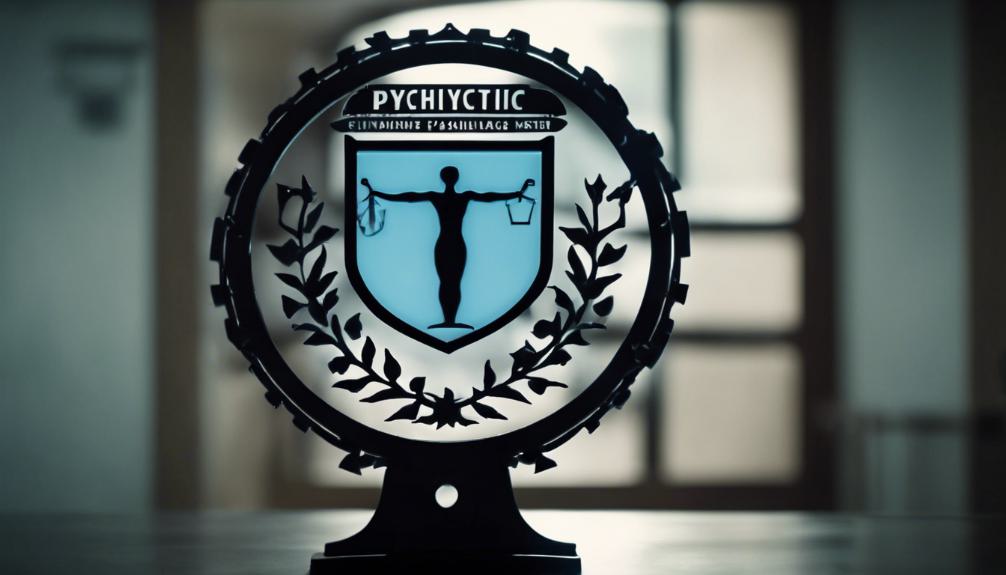
Understanding Sexual Abuse

To effectively address the issue of sexual abuse within psychiatric facilities, it is essential to first understand its various manifestations and the circumstances under which it occurs. Sexual abuse in these settings can involve both staff members and other patients, highlighting a systemic vulnerability. The lack of proper supervision and inadequate reporting mechanisms play a key role in the prevalence of such incidents. Additionally, the close proximity of men and women in mixed-gender facilities can exacerbate the risk. Understanding these dynamics is important for developing targeted prevention strategies. Legal actions and advocacy play an essential role in pushing for the implementation of better safety measures and protection plans, aiming to create a safer environment for all individuals in psychiatric care.
Victim Challenges

Victims of sexual abuse in psychiatric facilities often encounter significant obstacles when seeking support and justice. The complex dynamics within these institutions can lead to a lack of belief in victims' accounts, particularly when the accused are staff members or when developmental disabilities of patients complicate their ability to report abuse effectively. The inherent vulnerability of psychiatric patients, coupled with systemic issues such as inadequate supervision and flawed reporting mechanisms, further exacerbates these challenges. Additionally, the stigma surrounding mental health can deter victims from coming forward, fearing disbelief or retaliation. These factors collectively create a challenging environment for victims, making it exceedingly difficult for them to navigate the path toward healing and justice without substantial support and understanding from the facility's administration and society at large.
Legal Advocacy Role

Acknowledging the significant obstacles faced by victims of sexual abuse in psychiatric facilities highlights the pivotal role attorneys have in safeguarding their rights and maneuvering the complexities of legal recourse. Legal professionals employ a multifaceted approach, utilizing both litigation and advocacy to guarantee accountability and systemic change. They navigate through the convoluted legal system, ensuring that victims' voices are heard, their experiences validated, and their rights protected under the law. By initiating lawsuits against institutions for negligence and abuse, attorneys not only seek justice for individual victims but also press for institutional reforms. This legal advocacy plays an essential role in addressing the underlying issues that allow sexual abuse to persist in psychiatric facilities, thereby contributing to safer environments for all patients.
Safety Measure Advocacy
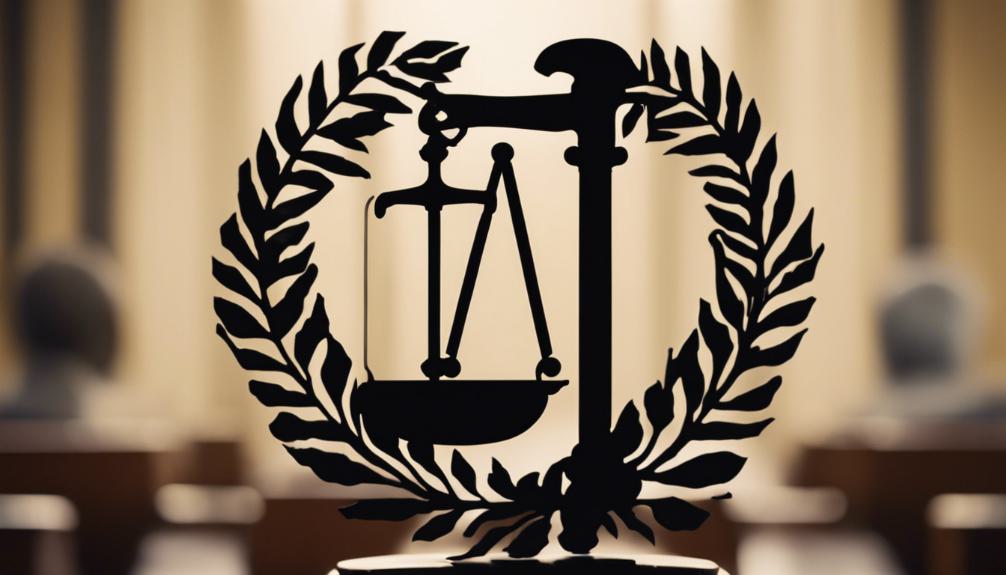
Promoting improved safety measures in psychiatric facilities is essential to safeguard patients from sexual abuse and guarantee their well-being. Advocacy for enhanced safety protocols focuses on holistic strategies, including the implementation of better supervision to deter potential abusers. It involves the integration of advanced monitoring technologies and the establishment of clear, accessible reporting mechanisms for victims. Training staff on recognizing and responding to signs of abuse is also critical. Additionally, enforcing strict background checks for all employees and frequent, thorough evaluations of patient safety protocols can further protect vulnerable individuals. These measures, coupled with continuous education on respecting patient rights and dignity, are fundamental steps toward creating a secure environment free from the threat of sexual abuse in psychiatric settings.
Institutional Accountability

Holding institutions accountable for their role in preventing and addressing sexual abuse in psychiatric facilities is paramount to ensuring the safety and rights of patients. This responsibility encompasses implementing stringent oversight, robust reporting mechanisms, and fostering a culture of zero tolerance towards abuse. The complexity of sexual abuse cases within these settings demands a multifaceted approach, including better supervision, especially in mixed-gender environments, and a transparent, effective process for investigating complaints. Institutions must also prioritize the development and enforcement of thorough prevention strategies, which could include enhanced staff training on the identification and prevention of sexual abuse and the establishment of clear, accessible reporting channels for victims. Ensuring institutional accountability not only protects patients but also reinforces the integrity of mental health care systems.
Rights and Legal Actions
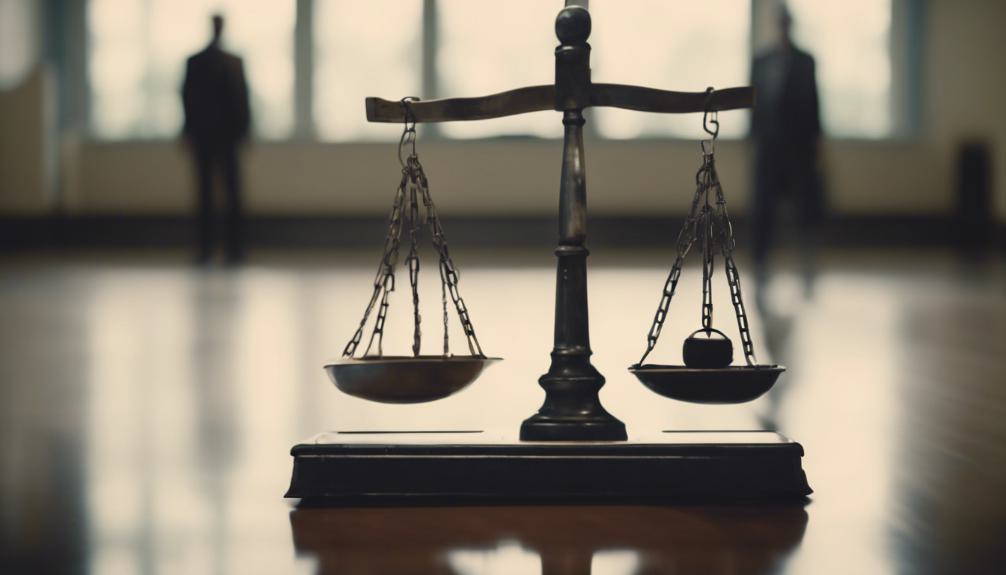
Addressing the rights and legal actions necessary for victims of sexual abuse in psychiatric facilities underscores the essential role of the legal system in advocating for and protecting these individuals. Victims face significant challenges, from being believed to maneuvering the complexities of the legal process. Engaging an attorney specialized in such matters becomes vital. Legal professionals can guide victims through the process of filing complaints, seeking reparations, and pushing for institutional accountability. They work to guarantee that victims understand their rights, such as confidentiality and the pursuit of justice. Legal advocacy also plays a pivotal role in demanding enhanced safety measures within these facilities, aiming to prevent future incidents. Through legal actions, attorneys endeavor to hold perpetrators and negligent institutions accountable, providing a path towards healing and systemic change.
Prevention and Oversight
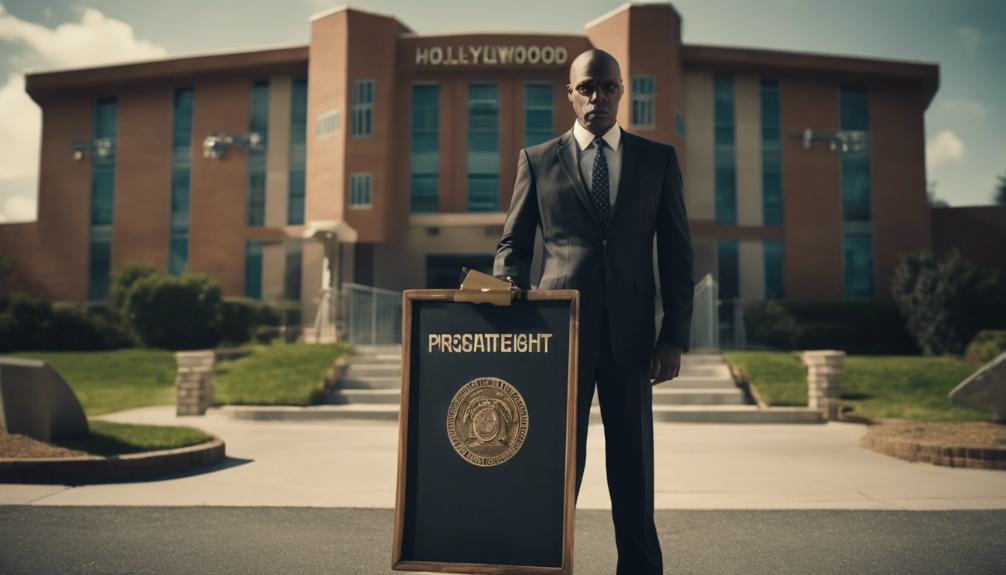
While legal advocacy remains a key component in supporting victims of sexual abuse in psychiatric facilities, implementing robust prevention measures and oversight mechanisms is equally important for safeguarding patient welfare. Enhanced supervision, particularly in mixed-gender environments, and the establishment of clear, enforceable guidelines for staff and patient interactions are fundamental steps. Additionally, the development of stringent oversight protocols guarantees that complaints and incidents of abuse are taken seriously, investigated thoroughly, and acted upon decisively. Collaboration with health departments for the continuous improvement of safety protocols and patient evaluations further fortifies the defense against abuse. Ultimately, prevention and oversight are pivotal in creating a secure environment that prioritizes the mental and physical well-being of psychiatric facility residents, establishing a culture of accountability and respect.
Reporting Protocols
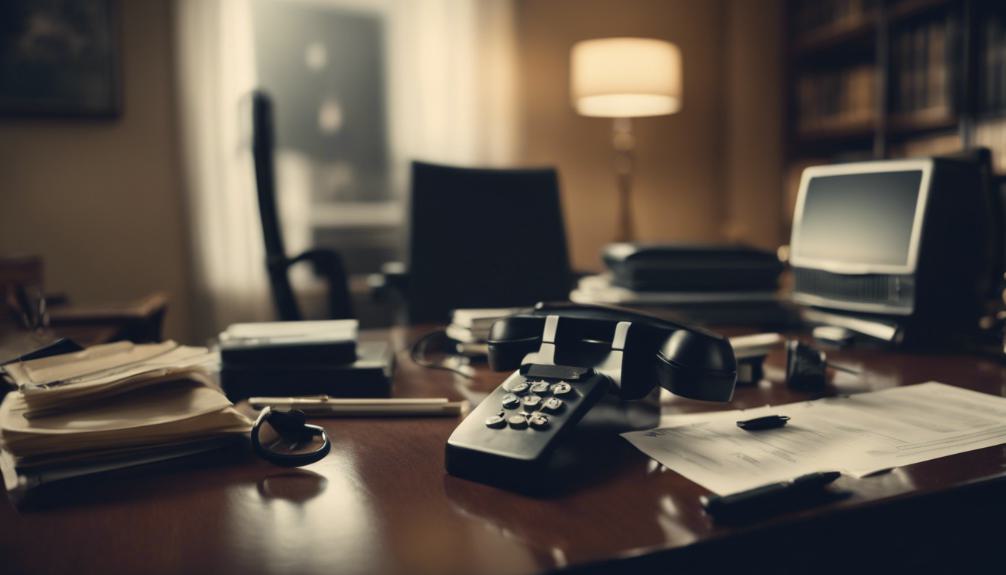
Efficient and clear reporting protocols are essential in ensuring incidents of sexual abuse in psychiatric facilities are promptly and effectively addressed. These protocols must outline specific steps for both victims and witnesses to report abuse, ensuring that they can do so without fear of retribution. It's vital that every psychiatric facility has a straightforward, accessible reporting system that directly connects to a dedicated team trained in handling such sensitive issues. This team should have the authority to initiate immediate protective measures and thorough investigations. Furthermore, the establishment of an external oversight body can offer an additional layer of accountability, ensuring that reports of abuse are not only received but acted upon with the urgency and seriousness they warrant. This dual approach reinforces the commitment to a safe and supportive environment for all patients.
Confidentiality Assurances
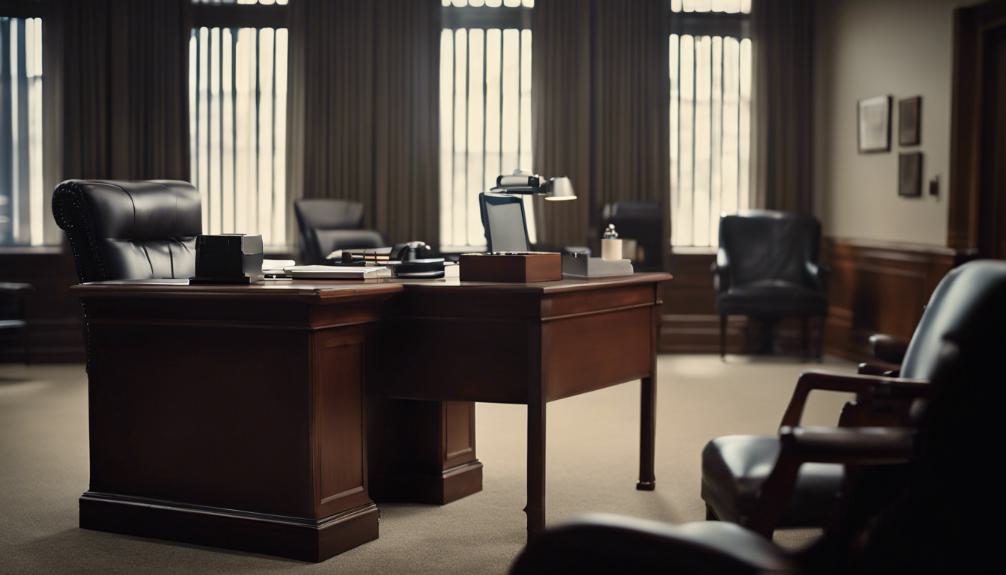
Confidentiality assurances serve as a fundamental component in protecting the privacy and dignity of victims of sexual abuse in psychiatric facilities. These assurances are critical in creating an environment where victims feel safe to disclose their experiences without the fear of stigmatization or public exposure. Legal professionals specializing in these cases prioritize the confidentiality of information shared by victims, ensuring that sensitive details are safeguarded throughout the legal process. This confidentiality is not only a matter of professional ethics but also a legal requirement, protecting victims' rights under privacy laws. It encourages the reporting of abuse by providing victims with the assurance that their identities and the details of their ordeal will be kept confidential, thereby facilitating a more supportive and secure environment for their recovery and pursuit of justice.
Seeking Legal Support
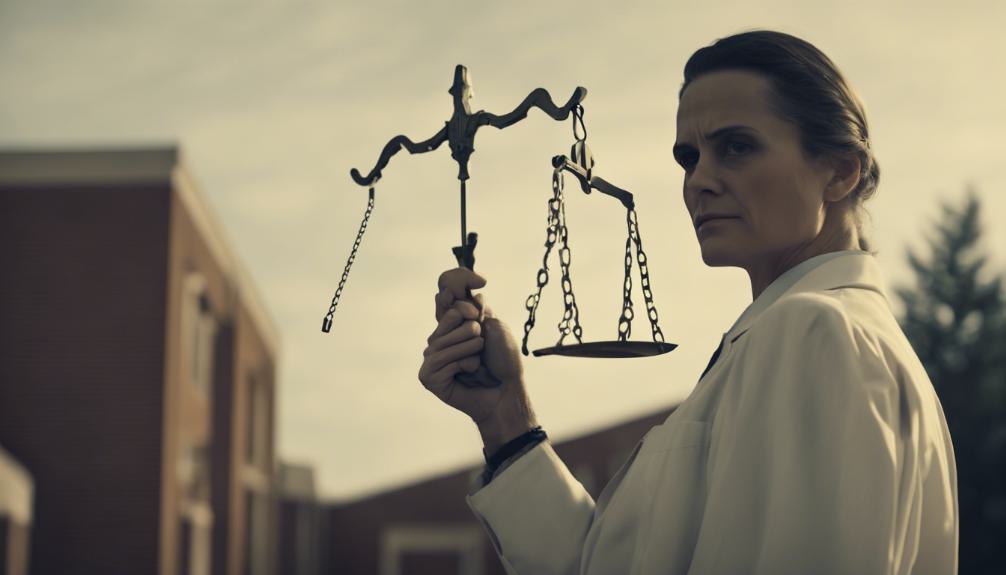
Building on the foundation of confidentiality assurances, seeking legal support emerges as a pivotal step for victims of sexual abuse in psychiatric facilities to navigate their path toward justice. Legal professionals specialize in addressing the complex landscape of rights violations within mental health institutions, offering victims a conduit for holding perpetrators and negligent parties accountable. With a deep understanding of the legal challenges inherent in such cases, attorneys provide essential guidance on the potential avenues for legal recourse. This includes filing lawsuits against individuals or institutions responsible for oversight failures and abuse, thereby advocating for necessary safety improvements and compensation for the victims. Legal support not only empowers victims through the pursuit of justice but also contributes to the broader goal of enhancing safety standards within psychiatric facilities.
Collaboration for Safety

Collaboration between health departments, legal teams, and psychiatric facilities is vital for developing and implementing effective safety protocols to protect patients from sexual abuse. This cooperative approach guarantees that thorough strategies are in place, including strict supervision policies, robust reporting mechanisms, and accountability measures for staff and management. By involving legal experts, healthcare authorities can benefit from guidance on regulatory compliance and best practices for patient safety. Additionally, this partnership facilitates the establishment of clear, victim-centered procedures for reporting and addressing instances of abuse, ensuring that victims receive the support and justice they need. Importantly, collaboration fosters a culture of transparency and accountability within psychiatric facilities, essential for preventing sexual abuse and enhancing the overall safety and well-being of patients.

This post has been generated by AI and was not reviewed by editors. This is Not legal advice. Please consult with an attorney.




